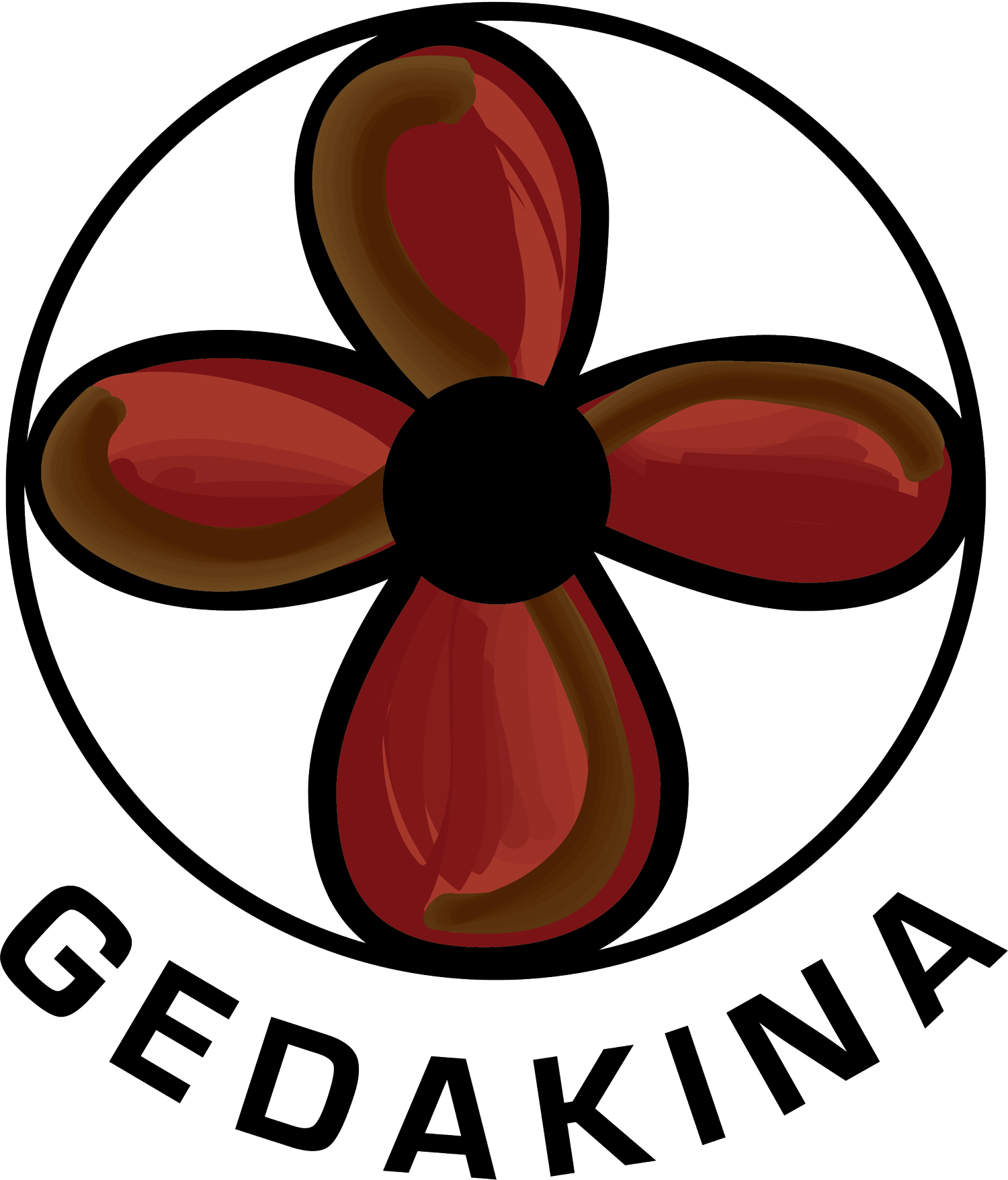
Gedakina works to expose our young people to possibilities, providing resources and opportunities and enable them to make choices and pursue positive life paths.
Our Philosophy
Gedakina focuses on the challenges and hardships that Native American youth, women, and communities face daily and are rooted in multi-generational exposure to systemic poverty, oppression and violence.
While statistics can provide a rough snapshot of the challenges Native American youth, women, and men face, they often do not reflect the complex picture of the systemic and epidemic problems we are seeking to overcome. The urban, rural, and reservation communities we work within have extremely high unemployment, substantial food security issues, and challenges to health and wellbeing far above national rates. Many young people do not see a future out of poverty, and they cannot envision the potential opportunities and positive life outcomes.
Gedakina works to expose our young people to possibilities, providing resources and opportunities and enable them to make choices and pursue positive life paths.
Challenging Racism and Continual Colonialism
When looking at social change philosophy, we incorporate a core philosophy of equality – we do not discriminate or prohibit participation in our activities based on federal, state or non-affiliated/recognized Native American status.
This is a significant position to take, as identity issues between federally recognized tribes and non-federally recognized native/indigenous people are a major area of conflict among Native people today. This inclusive philosophy has helped us collaborate effectively and bring together families and communities that are often divided and at odds with each other. Additionally, a long-term challenge that we face, as an organization committed to social change, are the difficulties involved in working to deconstruct the lateral violence and internalized racism that is rampant among Native American people.
Lateral violence can take the form of Intertribal racism, oppressive colonial power relations that lead to discrimination between and among the various federally recognized and non-federally recognized Native nations, and Intratribal racism, which takes place within a community, between individuals and especially extended families. Intertribal racism is often rooted in ignorance of others’ history or in competition for scarce federal or regional resources. It can include discriminatory efforts to discredit other individuals or groups. Intratribal racism can have deep historical roots, with generational conflicts between families. Gedakina works to deconstruct racism and continual colonialism, gathering people together from different families, communities, and regions to work on issues of mutual importance and impact.
Inclusive, Not Exclusive
Gedakina prides itself on being inclusive, and we are known for the public stance we take on many diversity issues.
Our various councils truly represent our constituency and our philosophy of an anti-racist and anti-oppression approach to organizing. All of our programs include anti-racism/anti-oppression work, especially when it comes to internalized oppression and violence. Gedakina challenges continual colonialism, racism, and oppression, not only related to native people but also to all people being oppressed by mainstream society. Our motto, “Building a Network of Relations,” represents an inclusive model, which our ancestors maintained, not only with each other, but also with the many groups of settlers who came to our land. As our ancestors understood, many if not all of the social obstacles that we, and other oppressed groups, face can only be challenged effectively through collaboration and alliance building.
“Building a Network of Relations”: Gedakina works within Native rural, urban, and reservation communities from across our region and beyond. We seek to reconnect native people from family bands to tribal nations, strengthening community and historical alliances. Our Governing and Advisory Councils demonstrate our inclusiveness, representing not only tribal communities in our region but also native and non-native activists, educators, and social change advocates with whom we have collaborated for years. Since our conception, we have forged collaborative relationships with numerous organizations from across the region, including colleges and universities, tribally based Boys & Girls Clubs, tribal cultural and historic preservation officers and departments, and organizations that provide health and wellness services.
Inclusiveness and Diversity: Even as we build our coalitions and work towards expanding our “Network of Relations,” Gedakina maintains its activist roots. In fact, our traditions have always relied on maintaining a balance between cultivating relationships and standing up for our constituency’s needs. Our work encompasses a variety of diversity issues, including internalized racism/lateral violence (intercommunity and intracommunity), external racism and continual colonialism, classism, homophobia, LGBT/gender equity, women and girls’ issues, homelessness, poverty, food security, cultural stereotypes, inappropriate mascots, and disability. Gedakina works very hard to bring people of all ages and experiences together for and through our programs. We support and encourage our young people who want to initiate programs and take on leadership roles. We always include our Elders, inviting them to share their knowledge and life experience with us.
